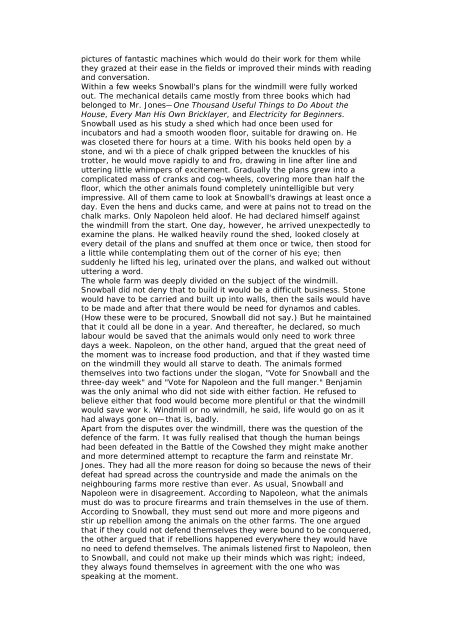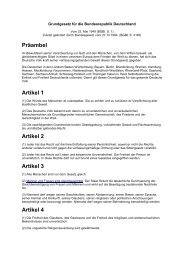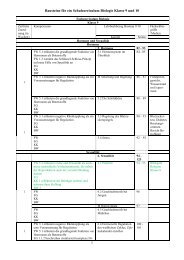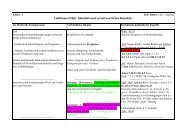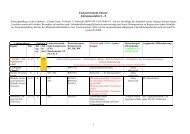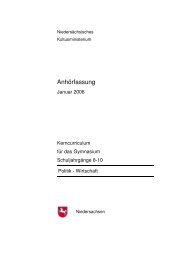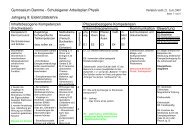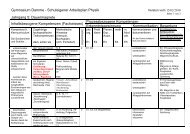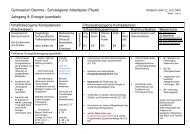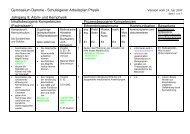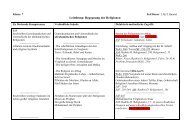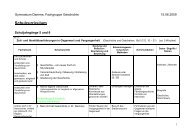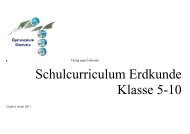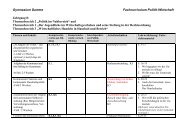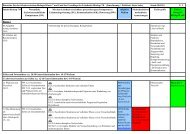Create successful ePaper yourself
Turn your PDF publications into a flip-book with our unique Google optimized e-Paper software.
pictures of fantastic machines which would do their work for them while<br />
they grazed at their ease in the fields or improved their minds with reading<br />
and conversation.<br />
Within a few weeks Snowball's plans for the windmill were fully worked<br />
out. The mechanical details came mostly from three books which had<br />
belonged to Mr. Jones—One Thousand Useful Things to Do About the<br />
House, Every Man His Own Bricklayer, and Electricity for Beginners.<br />
Snowball used as his study a shed which had once been used for<br />
incubators and had a smooth wooden floor, suitable for drawing on. He<br />
was closeted there for hours at a time. With his books held open by a<br />
stone, and wi th a piece of chalk gripped between the knuckles of his<br />
trotter, he would move rapidly to and fro, drawing in line after line and<br />
uttering little whimpers of excitement. Gradually the plans grew into a<br />
complicated mass of cranks and cog-wheels, covering more than half the<br />
floor, which the other animals found completely unintelligible but very<br />
impressive. All of them came to look at Snowball's drawings at least once a<br />
day. Even the hens and ducks came, and were at pains not to tread on the<br />
chalk marks. Only Napoleon held aloof. He had declared himself against<br />
the windmill from the start. One day, however, he arrived unexpectedly to<br />
examine the plans. He walked heavily round the shed, looked closely at<br />
every detail of the plans and snuffed at them once or twice, then stood for<br />
a little while contemplating them out of the corner of his eye; then<br />
suddenly he lifted his leg, urinated over the plans, and walked out without<br />
uttering a word.<br />
The whole farm was deeply divided on the subject of the windmill.<br />
Snowball did not deny that to build it would be a difficult business. Stone<br />
would have to be carried and built up into walls, then the sails would have<br />
to be made and after that there would be need for dynamos and cables.<br />
(How these were to be procured, Snowball did not say.) But he maintained<br />
that it could all be done in a year. And thereafter, he declared, so much<br />
labour would be saved that the animals would only need to work three<br />
days a week. Napoleon, on the other hand, argued that the great need of<br />
the moment was to increase food production, and that if they wasted time<br />
on the windmill they would all starve to death. The animals formed<br />
themselves into two factions under the slogan, "Vote for Snowball and the<br />
three-day week" and "Vote for Napoleon and the full manger." Benjamin<br />
was the only animal who did not side with either faction. He refused to<br />
believe either that food would become more plentiful or that the windmill<br />
would save wor k. Windmill or no windmill, he said, life would go on as it<br />
had always gone on—that is, badly.<br />
Apart from the disputes over the windmill, there was the question of the<br />
defence of the farm. It was fully realised that though the human beings<br />
had been defeated in the Battle of the Cowshed they might make another<br />
and more determined attempt to recapture the farm and reinstate Mr.<br />
Jones. They had all the more reason for doing so because the news of their<br />
defeat had spread across the countryside and made the animals on the<br />
neighbouring farms more restive than ever. As usual, Snowball and<br />
Napoleon were in disagreement. According to Napoleon, what the animals<br />
must do was to procure firearms and train themselves in the use of them.<br />
According to Snowball, they must send out more and more pigeons and<br />
stir up rebellion among the animals on the other farms. The one argued<br />
that if they could not defend themselves they were bound to be conquered,<br />
the other argued that if rebellions happened everywhere they would have<br />
no need to defend themselves. The animals listened first to Napoleon, then<br />
to Snowball, and could not make up their minds which was right; indeed,<br />
they always found themselves in agreement with the one who was<br />
speaking at the moment.


